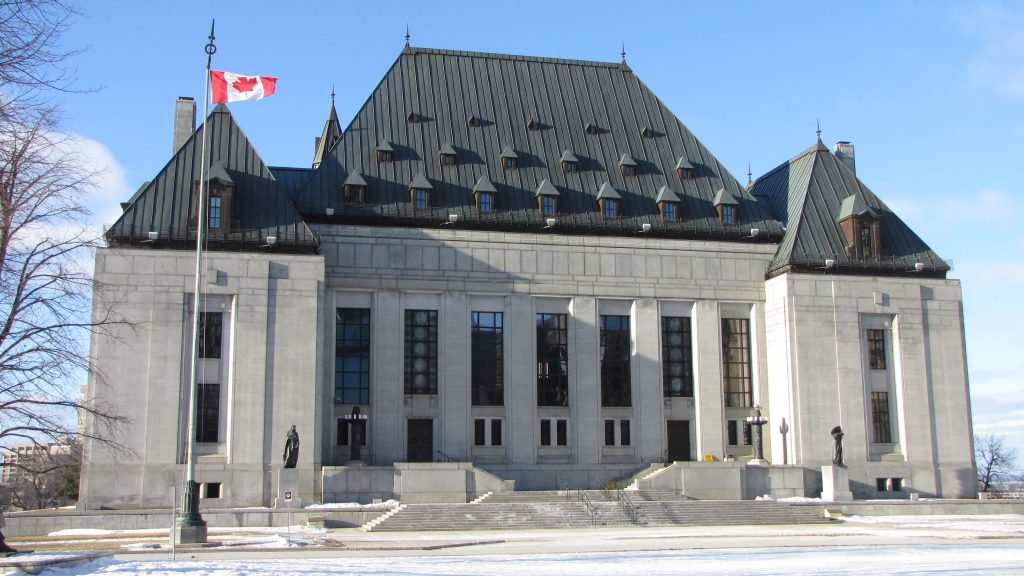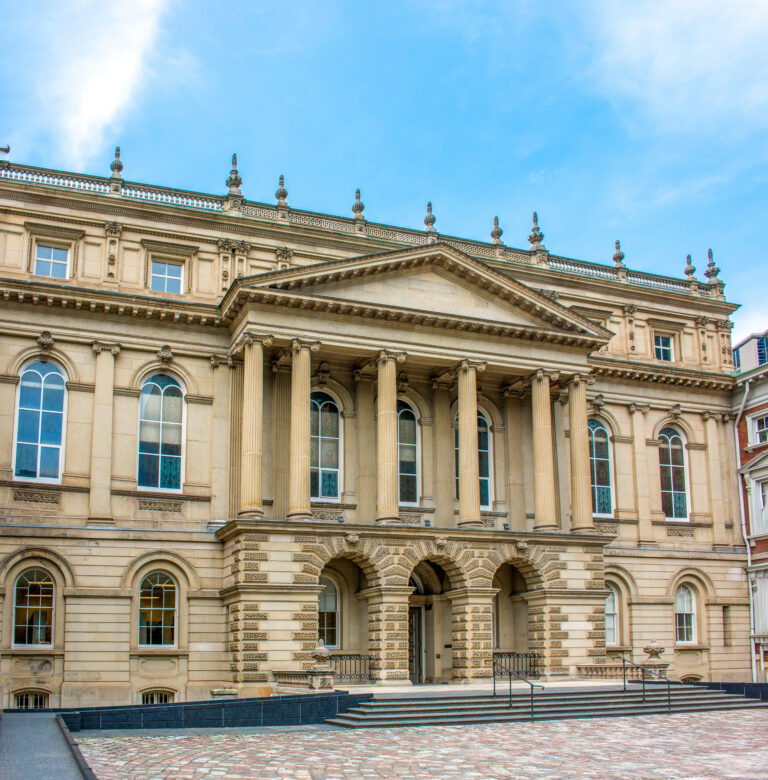CALGARY: The Justice Centre for Constitutional Freedoms (JCCF.ca) today announced it has been granted intervenor status in Judicial Committee of the Highwood Congregation of Jehovah’s Witnesses & Highwood Congregation of Jehovah’s Witnesses v. Randy Wall, which will be heard by the Supreme Court of Canada on November 2, 2017.
Randy Wall became a Jehovah’s Witness (JW) in 1980, at the age of 20. In 2014, he was disfellowshipped (expelled) after a local church committee determined that he was not sufficiently repentant for having been drunk and verbally abusive to his wife.
Mr. Wall appealed his expulsion to a higher committee within the JW organization, and ultimately to the governing Watchtower Society of Canada, without success. He then took the JWs to court, arguing that he had been wrongly expelled, and that the hearings and the process were unfair. As a realtor, Mr. Wall also claimed to have lost about half of his client base, because JWs now refused to have any business dealings with him, or even speak with him.
Rather than recognize that freedom of association prevents government (including courts) from interfering with the membership decisions of private associations, the Alberta Court of Queen’s Bench ruled that it had the jurisdiction to review the JWs’ membership decision. This ruling was affirmed by the Alberta Court of Appeal.
The Justice Centre will argue before the Supreme Court of Canada from its unique and non-religious perspective that freedom of association under the Charter of Rights and Freedomsand the Alberta Bill of Rights guarantees the freedom of private, voluntary associations, including the Highwood Congregation of Jehovah’s Witnesses, to determine membership criteria, to determine which individuals meet the criteria for membership, and to enforce these membership criteria, immune from judicial review. In consequence, neither courts nor governments can legally compel citizens to associate together unwillingly.
The Justice Centre’s legal argument promotes the understanding that freedom of association benefits Canada’s atheists and agnostics, and the many theists who do not embrace any particular religion.
“It is an unjustifiable violation of the freedom of association to compel members of a voluntary association to associate involuntarily with an individual that the members have determined does not meet, or no longer meets, the membership criteria the association has established,” stated Justice Centre president John Carpay.
“The freedom of association necessarily imparts to private associations, whether religious or non-religious, the right to exclude individuals who do not meet the membership criteria as set by the association,” continued Carpay.








